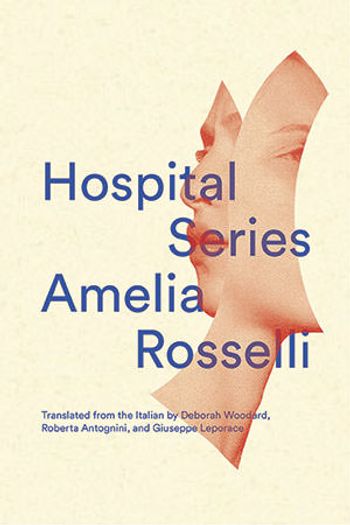As author
Amelia Rosselli
Amelia Rosselli (1930–1996), often said to be one of the best Italian writers of her generation, was heavily influenced by traumatic events in her youth. When Rosselli was only seven, her father and uncle, two leaders of the anti-Fascist Resistance, were brutally assassinated by the Fascist secret service. Then, when she was seventeen, her mother died and Rosselli suffered her first nervous breakdown. The deaths of her parents left her with lifelong paranoia, depression and what she called an emotional void. Born into exile, she grew up between France, England, and the United States before returning to Italy in 1946. She studied music, composition, as well as ethnomusicology and published several essays on music. Rosselli also worked as a literary translator and among the poets she translated were Emily Dickinson and Sylvia Plath. During her lifetime Rosselli wrote eight poetry collections, with verses in English, French, and Italian, and tried to make sense of the post-war world. She was associated with several neo-avant-garde poetry movements in the 60s and 70s. At a time when the confessional mode was quite popular, Rosselli sought objectivism in her work, and was influenced by Eugenio Montale, Cesare Pavese, and Giuseppe Ungaretti. Rosselli took her life in 1996 on the anniversary of Sylvia Plath’s suicide.
